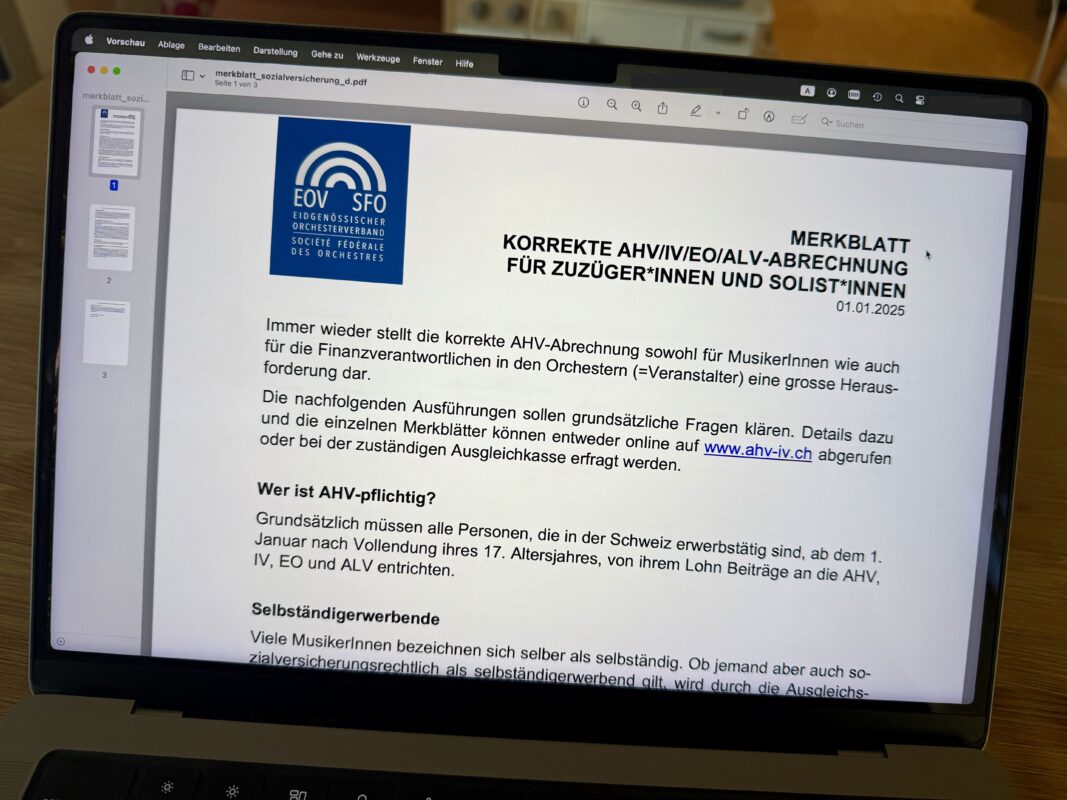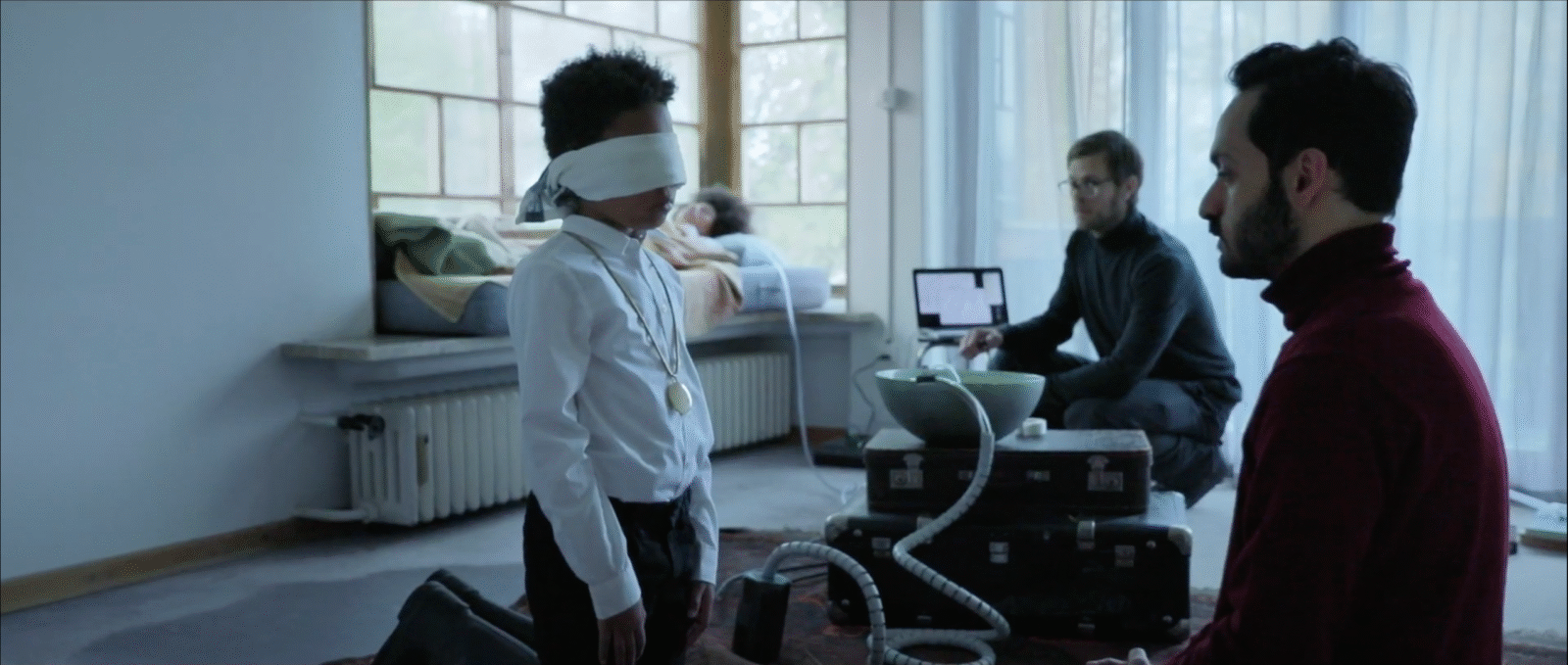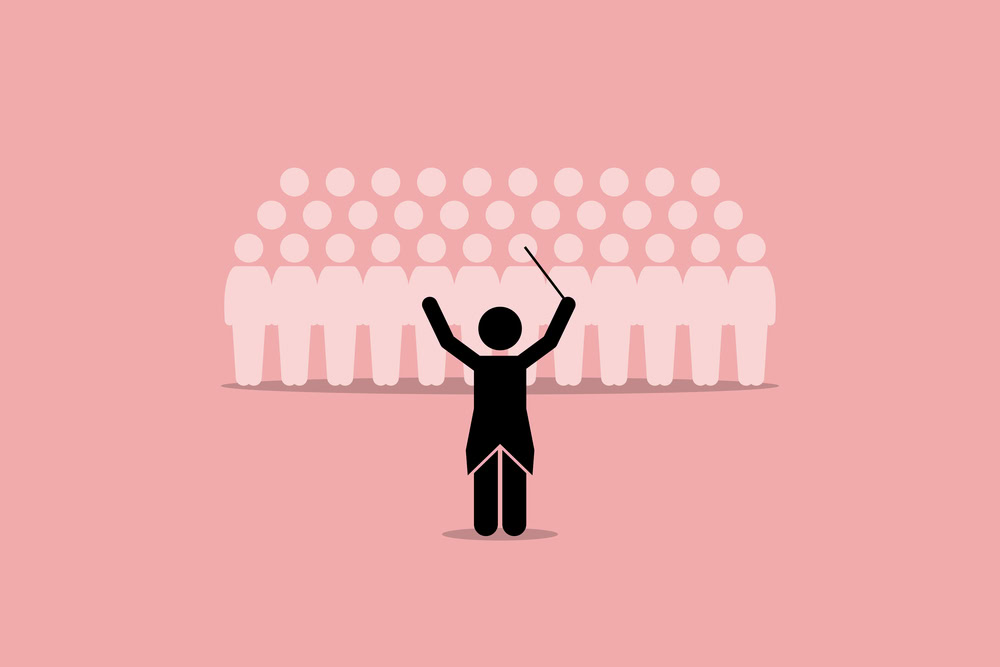Corona - a test of endurance for music makers
Cultural life was abruptly interrupted a year ago. The caesura not only highlighted the fragility of our own lives and life plans, but also raised awareness of dependencies, the importance of an intact healthcare system and the connection between socio-economic conditions and health.

The music industry is one of the hardest hit sectors. At the same time, music professionals are suffering drastic restrictions on their professional practice, feel devalued as "not systemically relevant" and must expect that the already highly competitive market will only recover with a delay. Surveys in European countries have shown that 20-40 % of musicians expect to have to leave the music industry in order to earn a living. Musicians describe the simultaneous urge to make music and the triggering of anxiety through making music - a mental ordeal.
The search for a way to deal with uncertainty
While the professional associations are united in their efforts to improve the general conditions and support funding, individual counselling and therapy for those affected is being used to find ways to minimize the health consequences and deal with the uncertainty. In musicians' medicine, the focus is usually on playing-related complaints resulting from overuse or incorrect use when playing music. For example, musculoskeletal complaints, tinnitus or performance anxiety. Currently, existential worries and psychological symptoms are the main reasons for contacting us.
We know from previous crises that anxiety symptoms initially increase, regardless of the sector. With a latency of a few months, an increase in depression, addictions and suicides can be expected. This unpleasant expectation has been confirmed. Contact points have increased their capacities accordingly. Initially, fears of infection were at the forefront, but soon grueling worries about employment and financial loss took over. Finally, fears arose about the so-called new normality. Some people have lost confidence in their own abilities as a result of the long forced break. Others are plagued by self-reproach for not being able to show enough creative work from the time of crisis. Support is often needed to overcome motivational problems. The reasons for this can be, for example, a lack of stimulation, stress-related mental impairment or a depressive mood.
Music professionals are a highly heterogeneous group - both in terms of personality and forms of income. Accordingly, there are no one-size-fits-all solutions. What is special about music professionals is that they have focused on making music from an early age and are less familiar with other satisfying compensatory activities. Their identity is more closely interwoven with their profession than with professions learned later. They often put themselves under pressure to perform and strive for ideals. Their training is highly specialized, making it difficult for them to switch to other (gainful) activities. The debate about social relevance affects them personally. There is also a widespread assumption that artists know how to use their creativity to help themselves, that they are even spurred on by misery. This only applies to a minority: stress usually reduces creativity.
Promoting resilience and individual coping strategies as protection
General resilience support and individual coping strategies are useful for protecting mental health. Resilience is the ability to successfully overcome adversity and setbacks. It is not a static characteristic, but can be developed to a certain degree. Experiencing social support, maintaining a realistic view with a slightly optimistic note and recognizing self-efficacy are key factors. The knowledge of having overcome previous stresses is also protective. Young people only acquire this experience in the current crisis and are therefore more vulnerable than people with more life experience.
The now familiar recommendations - maintaining contacts, focusing on positive things, using information media sparingly and purposefully, ensuring sufficient exercise, a balanced diet and regular sleep - are the result of resilience research and the knowledge of the connection between the nervous system, immune system and psyche. Musicians benefit from the fact that they have already established good self-discipline over many years of practicing and know that success can only be expected after many repetitions.
In the individual setting, clarifying one's own identity and thus stabilizing self-esteem is a frequent topic. People who react to external threats in an overly fearful, avoidant or overly defensive, angry manner are particularly vulnerable. Information is important in order to initially accept one's own reaction as an understandable, human reaction to the circumstances and to put self-demands into perspective. Then it is often a question of recognizing room for manoeuvre and pursuing goals that can be influenced by oneself - e.g. finding other compensatory activities, practising new repertoire, recording CDs or diversifying one's activities. They are already increasingly attending further training courses aimed at expanding their professional field, e.g. art education, management, fundraising. The prospect of a "Plan B" is a relief - even if it may not be needed. Sometimes it is possible, without the external pressure to perform, to rediscover one's instrument with a beginner's spirit and the joy of experimentation and to find a childlike joy of playing that was otherwise overshadowed.
Music as an important contribution to social health
The longing for music - especially live performances - is also great among audiences and amateur musicians. They too are denied the important resource of music as a universal means of processing emotions and experiencing community. The restrictions are having an unfavorable impact on the health of the population as a whole. This crisis not only highlights the precarious living conditions, but also the contribution that music makers make to social structures and health.








